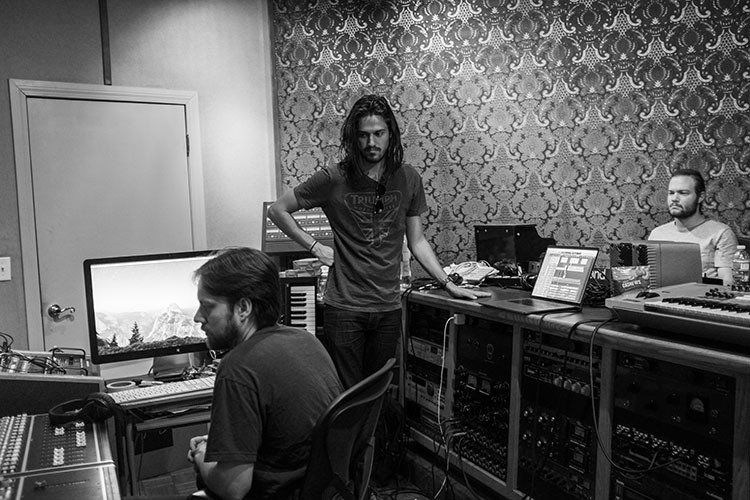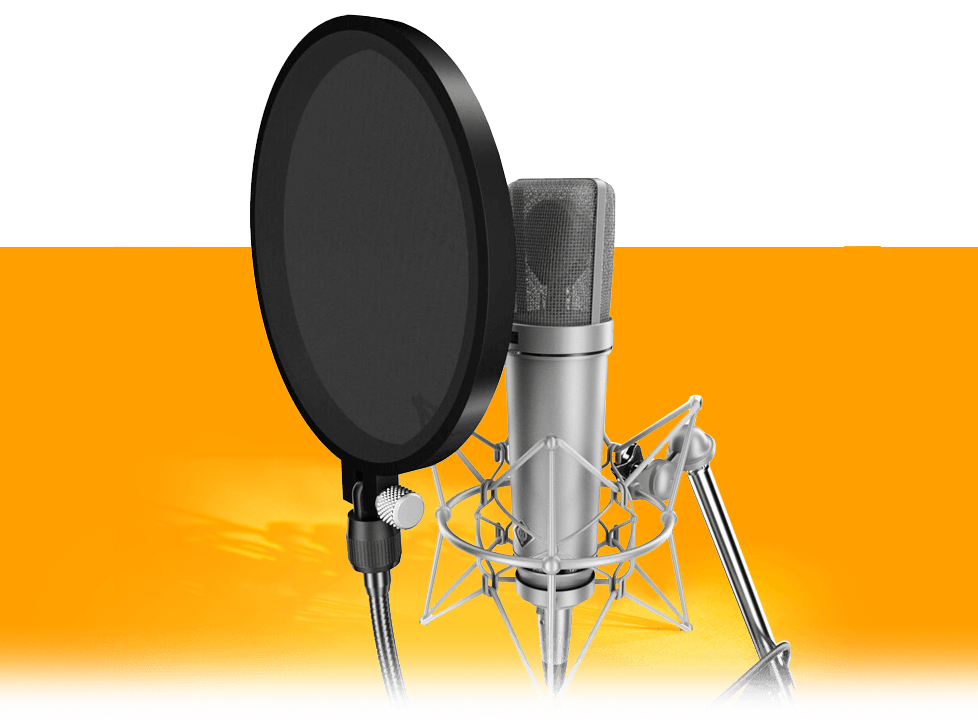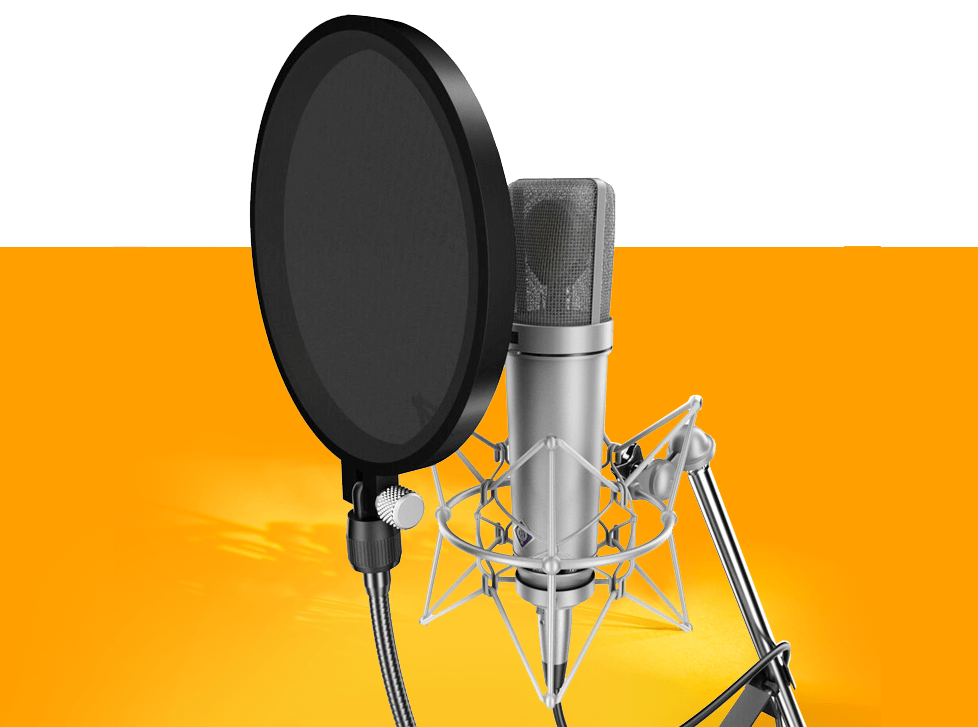Five Things You Need To Know Before Becoming a Music Producer
Jeremy Alves | April 5, 2019
Music Producers are anyone who are involved with the production of music. Whether it be songwriting, composing or recording, these are the people who work as/alongside artists to shape the outcome of a music project.
There is a big overlap between music producers and other roles in the music “production” process, including engineers, mixers, masters and composers. A music producer may wear many of these hats, or simply be at the recording or recording session to help push the artist in a particular direction.
Plenty of music producers have become a household name as legendary industry titans such as Rick Rubin and Dr. Dre, however most music producers are relatively unknown. On one side of the spectrum, you have producers like Mark Ronson who produce full albums using sessions musicians and pop artist features. In this same vein are artists such as DJ Snake and Calvin Harris. The rise of music producers as the lead musician has been on the rise in recent years.
Alternatively, if you aren’t a music performer, you (like many producers) would best be suited working with artists to develop their singles or albums. Many of these producers are relatively unknown to the average listener, but are well known to industry professionals.
However you see yourself in the industry, there’s no question a huge spectrum exists and the beauty is you can place yourself wherever you’d like on it.
Education
Yes, yes, even in the age of the internet where everything is available to you, the idea of an “education” shouldn’t be thrown aside. Music Production, like literally any profession gives you a leg up on getting a start in your industry.
Some of you may be thinking, “Why do I need to get an education to be a music producer when so many successful ones are self taught?” You aren’t wrong. There are and will always be many exceptions to the rule. However, just because a couple famous few made their way through the ranks on pure talent and hard work alone, doesn’t mean that education wouldn’t have helped them to begin with. Of course, it’s worth noting that not everyone has access or the financial means to enroll in a higher education, but to those who can, I say this: don’t rule it out.
A music producer is the link that keeps everything together during the production process. They work with artists, engineers, songwriters, business owners, management, mastering engineers and more. As a producer you need to know how to speak to all these people, and understand their individual stake in the process. Further, you should have at the very least, a basic understanding of how they work and can speak in their language. Let’s say you want to hear a specific vocal quality boosted, how would you communicate that to the engineer or mixer? Or perhaps you are in a songwriting session and think the song should resolve a specific way, how would make the parties involved understand what you are asking?
A music education in this field could be any of the following: music theory, song production, mixing, mastering, audio engineering, songwriting or even artist management. The list goes on. Figure out what interests you and go from there. You don’t need to be an expert with everything, but a fundamental knowledge of the industry will help you massively.

Your First Producing Experience
Whereas an education will open doors for you, it’s what you do with that education that will ultimately be more valuable to you landing gigs.
Since no one starts on level playing grounds, the great equalizer is experience. More specifically, “experience” should be defined more clearly in this case as what you do with your work. Many artists get their start producing low-level artists in basements. You are able to show your worth by doing the best you can with what you have.
This is why landing your first “experience” is such a difficult thing to define. Many of us have grappled with the idea of landing our first big gig as a way of showing our worth, but I’d argue that that pursuit is a missed opportunity. Rather than waiting for a gig producing a big name artist, why not take an indie artist’s material to the next level. To be able to say that you produced a viral hit with a small budget and big ideas is far more impressive than producing a well-established artist with a big-budget (and a fanbase with set expectations).
It’s why in this industry, what gets you the furthest is determination and skill.
Industry Expectations
When we talk about music producers, most of us instinctively think of mainstream pop artists and hip hop artists…really anything that gets major radio play. The reality is, in the grand scheme of things, the pop industry is just the tip of the iceberg. And to be honest, if your dream is to be a pop music producer, you’re joining a VERY large club. Not to turn you off of your dreams but if you want to keep food on the table you will have to be open to working on any style or genre of music that comes your way.
On that note, how professionally challenging would it be to produce for radio play? Pop music, while great, is a highly defined, over-produced genre. Unless you are Pharrell, you likely wouldn’t get much opportunity to experiment on these kinds of projects. Pop artists come with a great deal of pressure with them in the studio: expectations from the label that their music is accessible, expectations from fans to produce something similar to their previous music and of course their own expectations that things will sound a certain way. This kind of baggage doesn’t leave very much room for experimentation.
Creativity
So what’s the point? If your goal is to simply work with high-level artists rather than make your mark, I’d argue that you have the wrong motivations to be in this industry. The best music producers took work not because of the klout associated, but because of the potential for maximum creativity. If you enjoy the craft for the craft, you’re more likely to take on any project and therefore more likely to build out an impressive resume. If you think you’re better suited in a particular genre it’s fine to stick within that, but don’t get stuck doing the same work over and over again.
Embracing Your Personality
While we are on the topic of genre, another big no no is to get stuck within the bounds of industry expectations. As you know, the music industry is built off trends and is extremely fluid. Think about the last decade, and how many new styles have come and go. From dubstep to Tropical House, style evolved and changes. If it weren’t for the creative few that took the chance on a new sound or style, we would be stuck in a world of cookie-cutter music genres. You never know how a particular style is going to take off.
That’s why it is so important to embrace your inner style. When people hire you (especially artists starting out) they hire you for your expertise and unique perspective. No one has the same influences, music and otherwise — so embrace your personality and bring it with you on every project. It doesn’t have to be anything groundbreaking, just unique to you. People will notice.
Ready to Start?
OIART's Audio Program Includes:
✓ Small Class Sizes
✓ On Site Facilities
✓ Industry Leading Instructors
✓ Post Grad Support & Guidance
✓ Exclusive 11 Month Program
Top Reasons Why You Should Choose OIART.
Have Questions?
If you have questions about our audio engineering and music production program or would like to book a tour, we would be pleased to speak with you.
Text Us: 519.200.4151
Share This With a Fellow Music Lover
Apply in 4 Steps!
Step 1: Click apply now.
Step 2: Answer 8 questions about yourself.
Step 3: Upload supporting documents.
Step 4: That's it! You are done.
Share this with fellow music lovers


